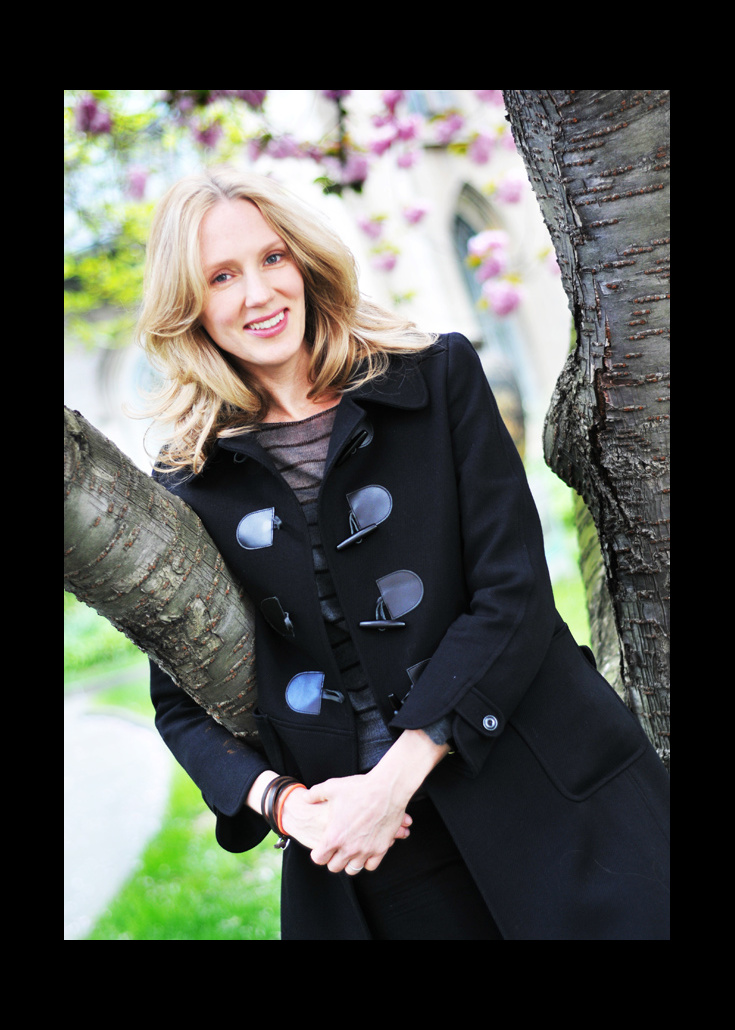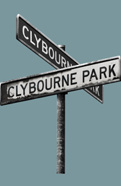Christina Kirk on the ‘Whirlwind-Slash-Roller Coaster Ride’ of Clybourne Park

Age & Hometown: 41, New York City
Current Role: Doing double duty as 1950s housewife Bev and 21st-century real estate agent Kathy in the Broadway premiere of Bruce Norris' Pulitzer Prize-winning black comedy Clybourne Park.
Standing Center Stage: As with many actors, Kirk developed an early interest in theater, but it was more for the sense of freedom she felt than a love of the spotlight. “I was sort of a shy, strange, inhibited kid,” she says, “and the stage felt like a place where I was free to express myself in ways I wouldn’t otherwise.” Even now, after winning raves in the original off-Broadway production of Clybourne Park and working in movies such as Woody Allen's Melinda and Melinda, Kirk is endearingly nervous about being interviewed. “It took me a long time to find my footing professionally,” she says. “Doing theater for fun and doing theater professionally are very different. I have this quote from a golf magazine that I apply to my own work: ‘When failure is the norm, resilience becomes second nature.’”
Juggling Act: Kirk met fellow New Yorker John Hamburg at Brown University, where she majored in religious studies and took theater classes on the side. She appeared in Hamburg's first feature film, 1998's, Safe Men, before he found mega-success as the screenwriter of Zoolander and Meet the Fockers and writer/director of Along Came Polly and I Love You, Man. The couple has been together 16 years, married for six, and are the parents of Stella, now five and a half months old. “I was really scared about having a baby and never working again,” Kirk confesses. “Not just 'my career, my career,' but my creativity is such a big part of who I am.” Juggling new motherhood with the L.A. premiere and Broadway transfer of Clybourne Park “felt like a wonderful gift,” she says—and the fact that Stella is a good sleeper doesn’t hurt.
Park View: After an initial reading of Clybourne Park three years ago, “I felt really caffeinated,” Kirk remembers with a laugh. “[Co-star] Jeremy [Shamos] and I walked out and we looked at each other like, ‘What just happened?’ It had this crazy, unexpected energy from the beginning.” Like her co-stars, Kirk undergoes a striking transformation from the first act, in which she plays a casually racist 1959 housewife, to the second, in which she is a hard-charging real estate agent. “A friend told me that Act One felt like a punch in the gut,” she says, “then when you’re still reeling, Act Two is like a left hook to the jaw.” For the actress, the effect of her big year is ongoing: “With all of it—becoming a mother and doing this play again—I feel like I’m caught up in the whirlwind-slash-roller coaster ride. I think I’m going come out on the other side and have a lot to process.”

